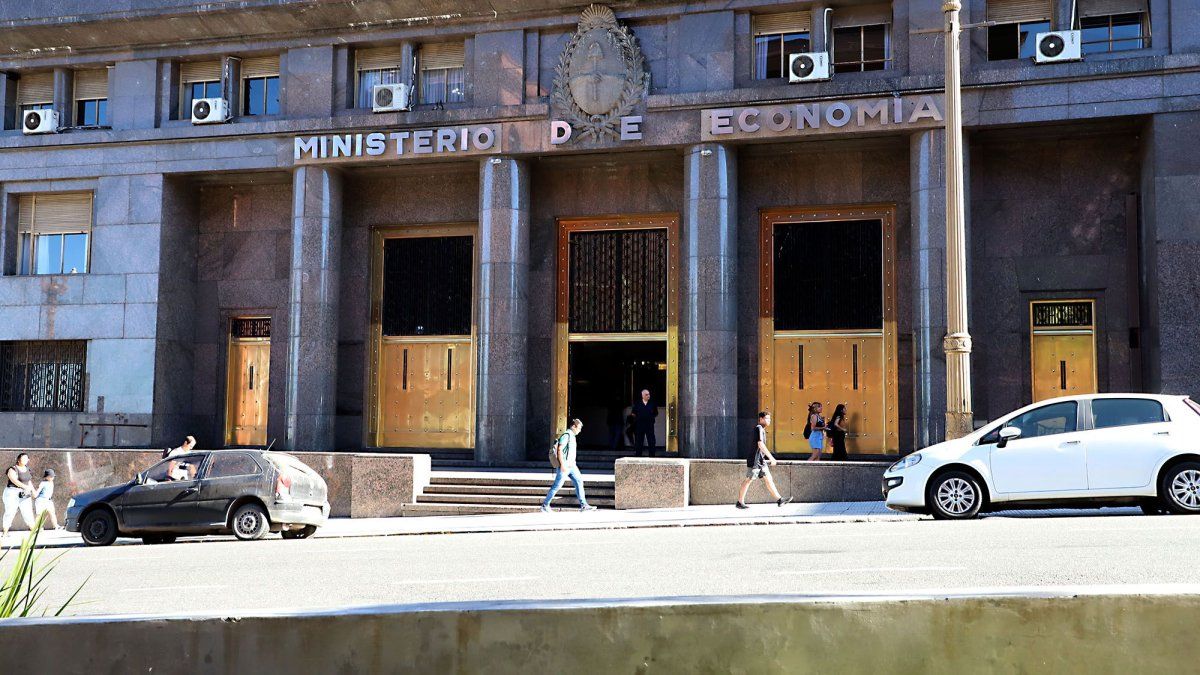David William is a talented author who has made a name for himself in the world of writing. He is a professional author who writes on a wide range of topics, from general interest to opinion news. David is currently working as a writer at 24 hours worlds where he brings his unique perspective and in-depth research to his articles, making them both informative and engaging.
Menu
Ministry of Economy of Improvisation at the service of JP Morgan and the IMF
Categories
Most Read
The Argentina of 27.27% and the invisible triumph of abstentionism
October 27, 2025
No Comments
Leading teams, from knowledge to the courage of leadership
October 26, 2025
No Comments
The market’s expectation at the time of the elections: in standby mode and with an eye on Washington
October 25, 2025
No Comments
Argentina validates the dollar, which tends to be displaced by gold
October 25, 2025
No Comments
From consensus to immobility: collective bargaining in the face of the challenge of modernization
October 25, 2025
No Comments
Latest Posts

Infrastructure: NRW Transport Minister: The number of potholes will increase
October 27, 2025
No Comments
AngelicaI am an author and journalist who has written for 24 Hours World. I specialize in covering the economy and write about topics such as

Boca turned the game around and beat Barracas 3-1 at the Chiqui Tapia stadium
October 27, 2025
No Comments
October 27, 2025 – 7:00 p.m. Xeneize was third in its zone, one point behind the leaders and El Guapo was tenth and complicated its

In the midst of the financial euphoria, the Economy announced the menu of bonds with which it will seek to renew $11 billion
October 27, 2025
No Comments
After the electoral moment and In the midst of a climate of financial euphoria, the Government will close October with debt maturities in pesos for
24 Hours Worlds is a comprehensive source of instant world current affairs, offering up-to-the-minute coverage of breaking news and events from around the globe. With a team of experienced journalists and experts on hand 24/7.

